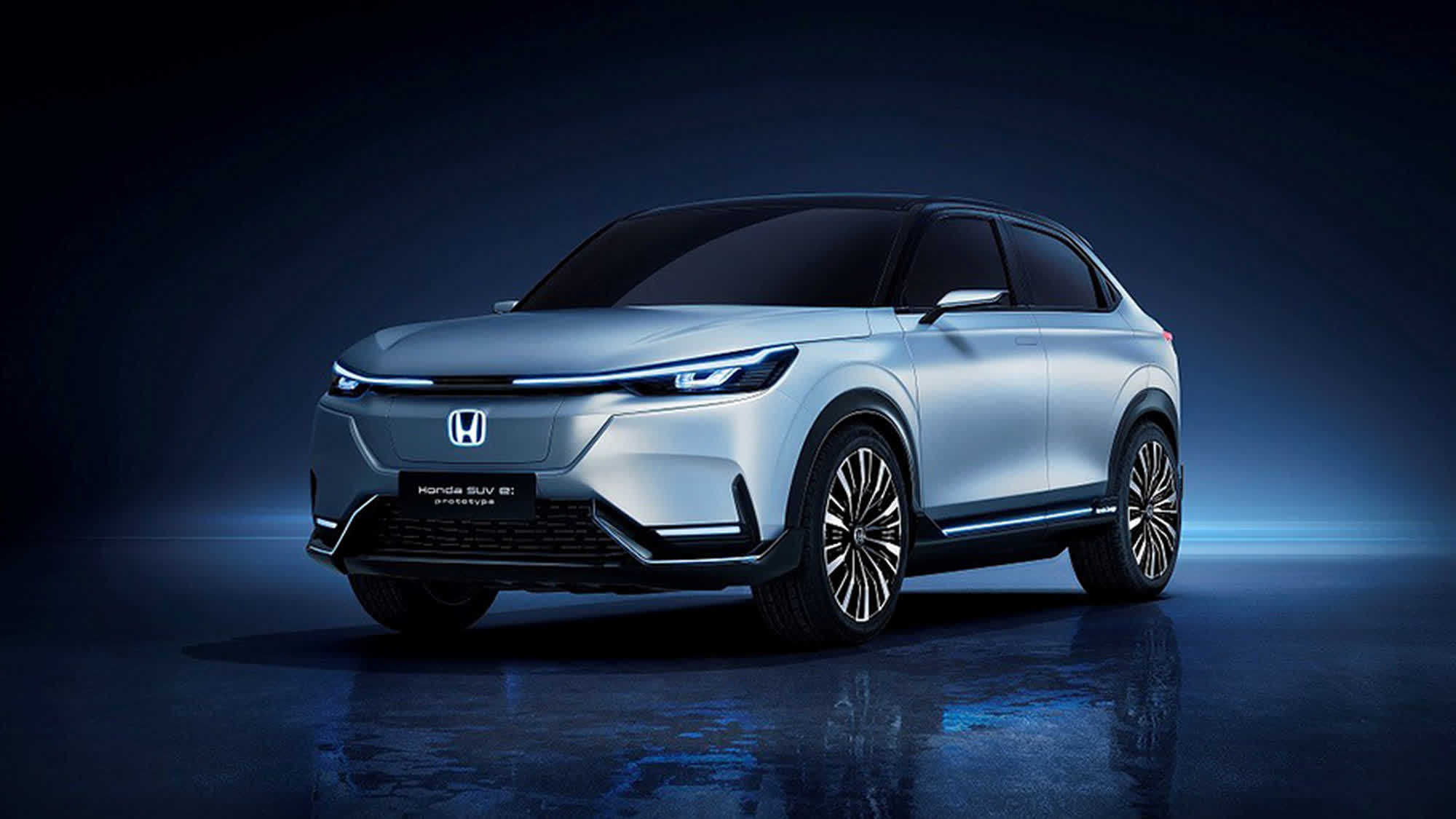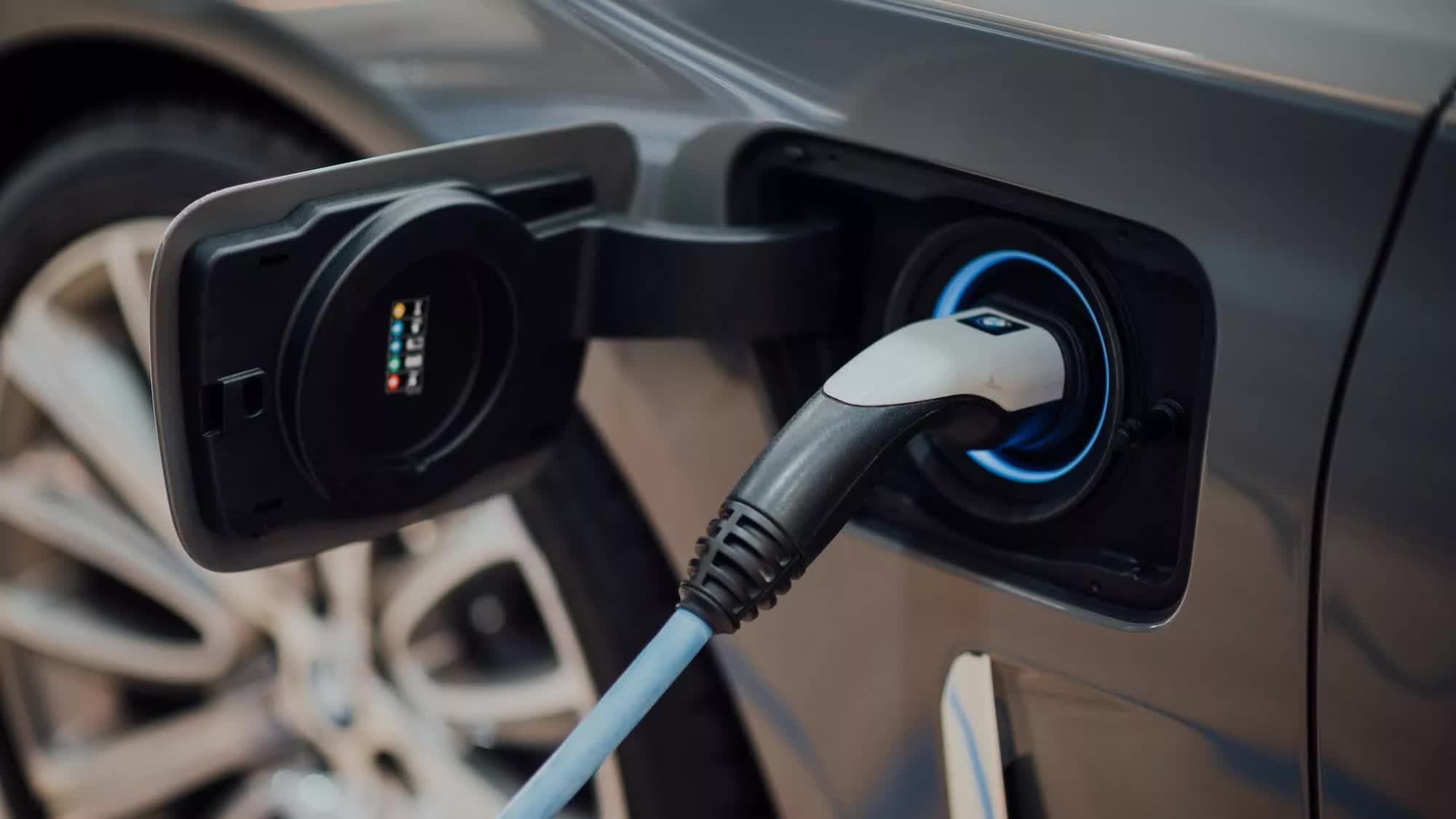What just happened? Japanese auto major Honda has offered an outlook for its US business in 2024, confirming plans to launch multiple zero-emission vehicles over the next twelve months. The company took its sweet time launching its first EV in the North American market, but Honda is seemingly making up for it with the impending launch of several new models as it tries to compete with Toyota, GM, Ford, and others in the increasingly lucrative EV space.

In a statement this week, American Honda said that it will launch three new zero-emission vehicles this year, including two regular-battery electric SUVs and a fuel-cell one. The two battery-powered SUVs will be the Honda Prologue and Acura ZDX, while the third will be the fuel-cell version of the company's popular compact crossover, CR-V.
In addition to these three, Honda also plans to launch a hybrid version of the Civic this summer. The car will be offered in both sedan and hatchback body styles, and the company expects them to account for around 40 percent of all Civic sales going forward.

The Prologue will go on sale "in the coming months," starting with California and other ZEV states. It will also roll out simultaneously in other EV-friendly markets like Texas and Florida. As for the ZDX, it will go on sale in "early 2024," with the company choosing to bypass dealers and taking all orders online. This will be the first car from the Honda stable to adopt a 100 percent online sales model, following in the footsteps of newer EV companies like Tesla and Rivian.
The CR-V Fuel Cell Vehicle (FCEV) will also debut this year, but its exact launch date is still a mystery. According to Honda, it will be based on the standard CR-V and will mark "North America's first production vehicle to combine a plug-in feature with FCEV technology in one model."
The upcoming EVs and the FCEV are part of Honda's goals of converting its entire portfolio to 100 percent zero-emission by 2040. The company has also committed to going fully carbon-neutral by 2050. To achieve its targets, Honda says it is executing a "step-by-step smart electrification strategy" with an increase in hybrid volume and the simultaneous introduction of its first mass-market electric vehicles.
https://www.techspot.com/news/101577-honda-2024-roadmap-includes-2-electric-suvs-fuel.html